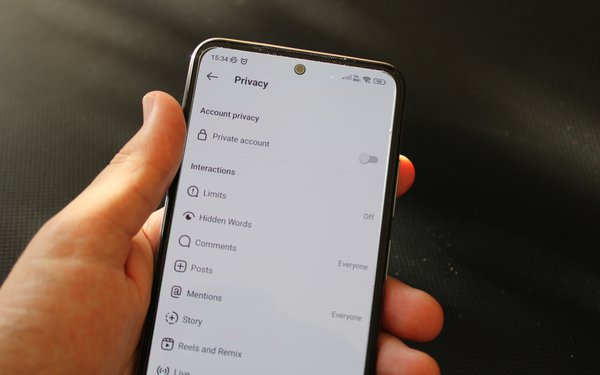
A change in specific words in Instagram’s
privacy policy suggests that indexing options in search engines like Google for professional content will change.
This notification applies to advertisers, agencies and platforms as well as
businesses of all types, and reflects a change in how Instagram handles search engine indexing.
Beginning July 10, Instagram will make text, videos, and photos indexable in search engines such
as Google unless account owners opt out.
In other words, the ability to index Instagram content in search engines becomes the user’s responsibility. The user takes full control of the
options as an opt-in choice.
In an online document, Instagram said it will require search engines to not
index posts, profiles, reels, and videos.
advertisement
advertisement
This will be done through robots.txt files and no-index
tags that function as a request to respect public privacy, but it does not represent an absolute technical block, the post explains.
The content is still accessible, and if found by
crawlers or linked from other sources, it can still be indexed.
In the past, Google might have chosen to “partially ignore” the request, indexing millions of public pieces of
content from Instagram, whereas Bing and DuckDuckGo more closely follow the guidelines, according to the post.
Every creator with a professional account will need to choose whether to leave
their public content indexable or not and whether to limit visibility to the platform only, excluding it entirely from external results.
Instagram’s update focuses on giving
users with public professional accounts more control over how their content appears in search results. While some content was already indexed, this change provides a clear opt-out option, and
does not currently apply to personal accounts.
Meta’s company has been visibly making changes this year. In January on Instagram’s blog site, the company explained that “when third-party search engines index content, they can display it in their search results to anyone
on the internet. Meta does not own or control any third-party search engines. Such engines and other people accessing your content through search engine results can use your information at their own
discretion.”
At the time, Instagram requested that engines like Google Search and Microsoft Bing not index photos and videos from stories, reels, posts, and highlights of the users.
However, it did allow search engines to index public photos and videos of posts and reels posted or published after January 1, 2020 for accounts have that specific criteria, the company said.
The notification may seem nuanced, but Instagram’s flip-flopping goes back further. In August 2024, new privacy options required users to take control of public photos and videos. This made
it the user’s choice whether to allow this content to appear in search engine results pages.
Default indexing allowed search engines to index photos and videos from public reels
and posts from January 1, 2020 and in the future for certain accounts.